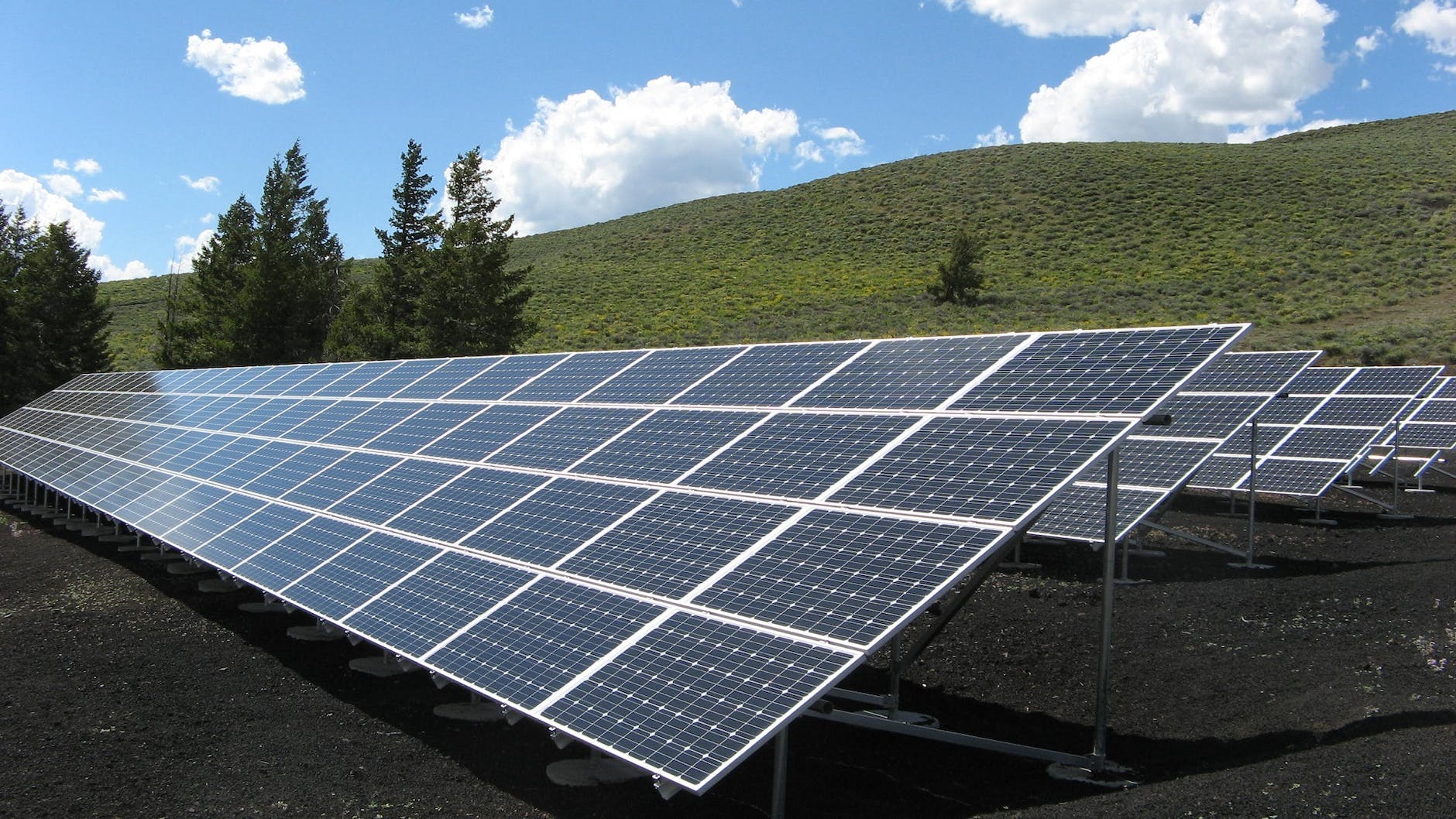
Solar Panel
The emergence of commercial solar panels as a renewable energy source has become a popular trend for many businesses seeking to reduce their carbon footprint and energy costs. The advantages offered by commercial solar companies are significant and diverse, including reduced energy costs, lower carbon emissions, improved sustainability efforts, and increased property value. With ongoing technological advancements, commercial solar panel installations have become more efficient and cost-effective than ever before, making them an attractive and viable alternative to traditional energy sources.
One of the primary benefits of commercial solar panels in Sydney is their ability to offer significant cost savings compared to traditional electricity generated from fossil fuels. Solar panel systems require little maintenance and no fuel beyond the sun’s rays, resulting in lower long-term expenses than grid power. In addition, many utility companies allow customers with net metering systems to sell excess energy back into the grid, providing businesses with reliable electricity at a fraction of the cost over time and making them a wise investment that pays dividends for years down the line.
Switching to solar also offers numerous environmental advantages, reducing a company’s reliance on coal-fired or gas-powered energy sources and promoting sustainability. As the world becomes more conscious of its environmental footprint, businesses of all sizes are turning to renewable energy sources like solar power to reduce their carbon output. Commercial solar panels can help any business save money and do its part for the environment.
There are different types of commercial solar panel systems available, including grid-tied, off-grid or standalone PV systems, and battery backup systems. The most common type of commercial solar system is a grid-tied system, which is connected to the electric grid, allowing any excess electricity generated by the solar panels to be sent back into the grid in exchange for credits from the utility company. This type of system is advantageous because it allows businesses to take advantage of net metering programs offered by most utilities, which enables them to receive credit for any excess electricity generated by their solar panels. Grid-tied systems are also relatively easy and cost-effective to install compared to off-grid or battery backup systems.
Off-grid or standalone PV systems provide businesses with an independent source of electricity that isn’t tied into the electric grid at all. Off-grid PV systems require batteries in order to store excess energy produced by the solar panels during times when there is no demand for them. This type of system is ideal for remote locations or businesses that require a consistent source of power.
When installing commercial solar panels, it’s important to make sure they are placed in an area with consistent sunlight throughout the day. This means avoiding areas that are shaded by trees or buildings during certain times of the day or year. It is also important to install them at an angle that maximizes their exposure to direct sunlight for maximum efficiency. Additionally, mounting hardware must be installed correctly so that there is no risk of damage from high winds or extreme weather conditions over time.
While installing and maintaining commercial solar panels requires some technical knowledge, it’s not as complicated as one might think. Regular maintenance is necessary to ensure that the panels remain in good condition and continue to generate energy efficiently. This may include cleaning the panels to remove dirt and debris, checking wiring connections, and monitoring performance levels to ensure that the system is functioning properly.
Governments around the world are offering incentives for business owners who install commercial solar panels, which can help lower installation costs and make solar energy more accessible for all types of companies. These incentives include tax credits and grants, which provide a dollar-for-dollar reduction in taxes owed based on the cost of installing solar panels. The availability and amount of these incentives will depend on where a business is located, with many countries having specific guidelines outlining which businesses qualify for incentives and how much they can receive.





